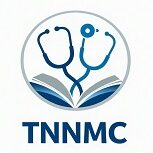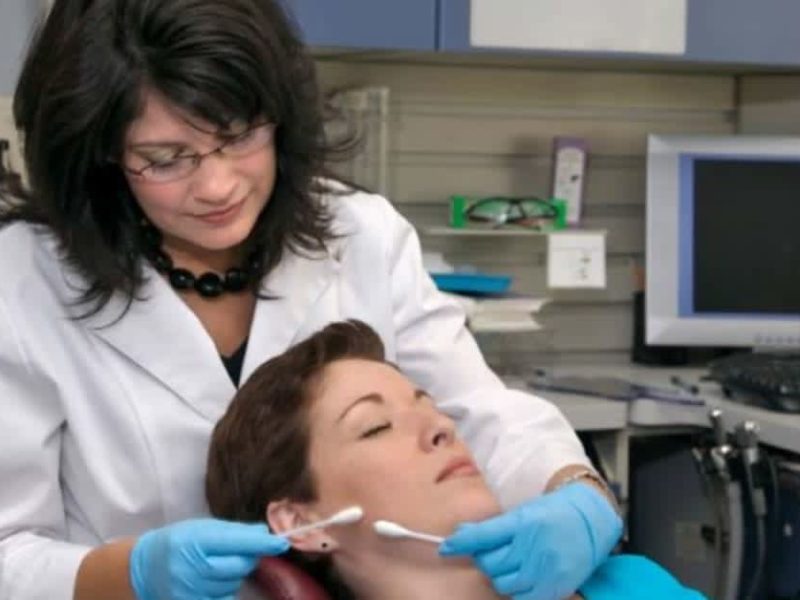Holistic Nurse Career in Brief
certification optional
Holistic nursing systematically approaches health as the interrelation of physical, mental, emotional/psychological, spiritual, and environmental components to treat patients at each of these levels.
Holistic nursing jobs usually include these responsibilities:
Primary Responsibilities
-
- Encouraging patients to discuss different aspects of their well-being.
-
- Identifying potential complementary care approaches, such as aromatherapy, meditation, or massage.
-
- Providing advice and care for stress management.
-
- Offering wellness coaching.
Certification Option
Holistic Nursing Certification
Where Do Holistic Nurses Work?
The majority of holistic nurses work in acute care hospitals (35%), universities and colleges (20%), and private practices (20%). The following lists duties in common job settings and home healthcare where 10% of holistic nurses work.
-
-
Hospitals
Holistic nurses provide nonpharmacological pain management, educate patients on stress management as part of recovery, and refer patients to or provide effective complementary care.
-
-
-
Universities and Colleges
Holistic nurses teach students how to maintain whole-body wellness, advise students on how to reduce anxiety, and lead wellness coaching sessions.
-
-
-
Home Healthcare
Holistic nurses assist patients with adjusting to serious conditions, advise on types of nonpharmacological pain relief, and refer patients to spiritual, mental, or emotional care.
-
Why Become a Holistic Nurse?
Holistic nursing jobs can provide considerable satisfaction because holistic nursing addresses needs beyond a patient’s physical conditions, and holistic nurses typically have knowledge of complementary or alternative treatments.
However, holistic nursing does have some drawbacks. For instance, insurance may not cover the additional time that a holistic consultation requires, and some caregivers are skeptical about the usefulness of holistic care. See below for additional pros and cons.

Advantages to Becoming a Holistic Nurse
-
Holistic nursing addresses patient needs beyond the physical. -
Holistic care helps patients recover psychologically from life-changing injuries or illnesses.
Disadvantages to Becoming a Holistic Nurse
-
A holistic consult takes longer than one that addresses just physical issues; insurance may not cover the full cost. -
Some colleagues share skepticism about the value of holistic care. -
Many treatments do not have sufficient research, making it difficult to distinguish effective approaches.
Featured Online RN to BSN Programs
How to Become a Holistic Nurse
How Much Do Holistic Nurses Make?
Based on general RN salary data, the median annual holistic nurse salary is $75,330 while the median annual salary for all occupations is $41,950, according to the U.S. Bureau of Labor Statistics (BLS). As with all nurse salaries, holistic nurse salaries vary by location, BSN status, and experience.
The BLS projects RN jobs to grow by 7% between 2019 and 2029, faster than the U.S. average. While there is no specific data on growth for holistic nursing jobs, it seems likely that with ongoing interest in complementary medicine and ongoing research into effective complementary practices, demand for holistic nurses could keep pace with or exceed growth among all categories of RNs.
Frequently Asked Questions
What does a holistic nurse do?
A holistic nurse provides care for patients across all dimensions of wellness, including mental, emotional, environmental, and spiritual health. Holistic nursing care may include complementary and alternative healthcare, such as aromatherapy, breathwork, or mind-body practices.
What does it mean to be a holistic nurse?
A holistic nurse is one who sees health and wellness as much more than the absence of physical illness or injury and who provides care to address all aspects of health. Holistic nursing may include approaches outside contemporary Western practice, such as traditional Eastern approaches to wellness.
What are the five core values of holistic nursing?
The five core values of holistic nursing include holistic philosophy, theory, and ethics; the holistic caring process; holistic communication, therapeutic environment, and cultural diversity; holistic education and research; and holistic nurse self-care.
How do I become a certified holistic nurse?
To become a certified holistic nurse, you’ll need a valid and unrestricted nursing license, along with at least one year (full time) or 2,000 hours (part time) of experience as a holistic nurse. Additionally, completing a minimum of 48 hours of continuing nursing education and passing the certification examination by the American Holistic Nurses Credentialing Corporation are also required.
Resources for Holistic Nurses
American Holistic Nurses Association
The American Holistic Nurses Association provides a wide range of benefits to support holistic healthcare professionals. These include continuing education, an annual conference, publications, online networking, and discussion platforms. Additionally, they develop self-care resources specifically designed for holistic nurses and publish the scope and standards of holistic nursing practice. It is important to note that membership is open to all holistic healthcare professionals, not exclusively limited to holistic nurses.
Journal of Holistic Nursing
The Journal of Holistic Nursing, established in 1983, is a respected quarterly publication by Sage Publishing, a prominent academic publisher. It embraces both conventional and innovative approaches to scholarship, offering a valuable platform for academic discourse. Each issue provides opportunities for earning continuing education credits.
Journal of Traditional and Complementary Medicine
The Journal of Traditional and Complementary Medicine is a reputable, peer-reviewed publication that explores the realms of traditional medicine, herbal medicine, dietary therapy, and the rich historical and cultural context surrounding these practices. This bimonthly, open-access journal has received recognition from the Joint Commission of Taiwan for evaluating its teaching hospitals.
National League for Nursing
The National League for Nursing (NLN) provides nurse educators with a range of professional development opportunities. It also offers recognition and awards programs, certifies nursing education programs and nurse educators, advocates for the profession, and creates valuable teaching resources. Membership categories are available for nurse educators, schools of nursing, and associate members. The NLN is dedicated to supporting and empowering nurse educators in their pursuit of excellence.
A Comprehensive Guide to Completing the FAFSA
Maximizing Your Nursing Career: Opportunities, Challenges, and Skills



